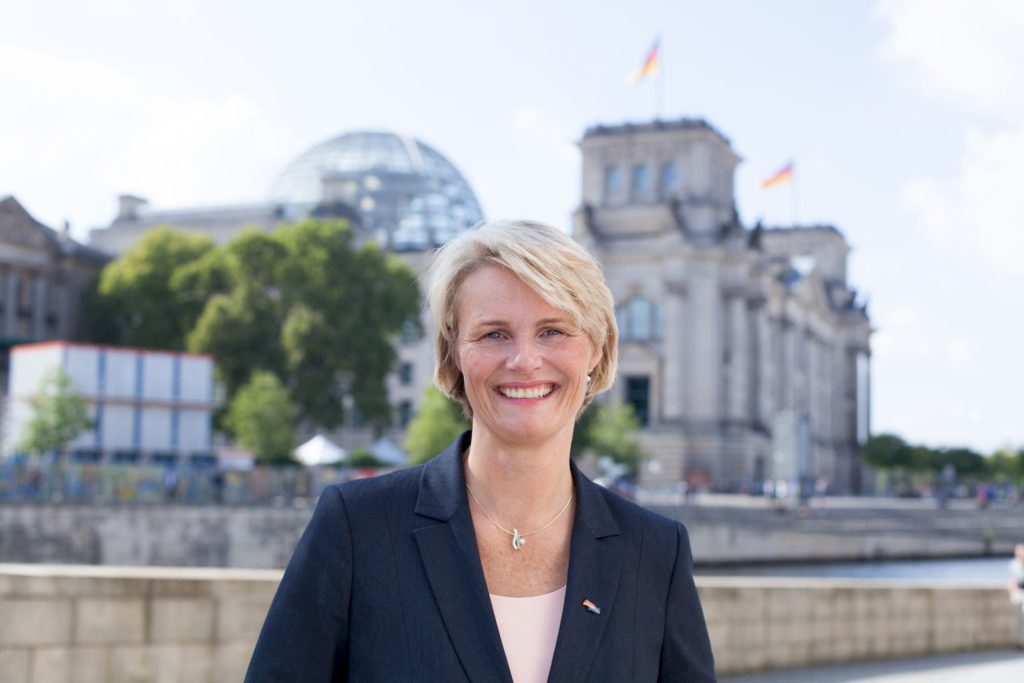
Germany to boost the bioeconomy
Shortly before the Global Bioeconomy Summit (19.-20.4.2018) in Berlin will begin, Germany's new Research Minister Anja Karliczek announced three major initiatives to strengthen the biologisation of the industry and the foundation of innovative biotechs.
One month before the Summit, the Bioeconomy Council warned that Germany could lose its leading role in the bioeconomy. According to a country study set to be published at the Summit, the switch from fossil-based to sustainable bio-based production is now being driven in more than 50 countries. It would be important to adapt Germany’s outgoing bioeconomy research strategy, which was funded with €2.4bn euros from 2011 to 2017. Particularly, the Council demanded a six-year budget of at least €3bn and the inclusion of topics such as digitalised biology and genome editing to stay at the forefront of R&D.
In Berlin, Karliczek told journalists that the research strategy will be update soon but told no budget figures. However, she stressed that the new programme will be more focussed on product development. Second, she announced that the potentials of the bioeconomy will be addressed by an interministerial "agenda to biologisation", dubbed "From Biology to Innovation". German life sciences industry representatives had called for political support for new biobased processes. The overall goal of the agenda will be to bring together experts from different industries to develop the next generation of biobased sustainable products. "We must bring the bioeconomy from niche to broad industrial application," said Minister Karliczek. This should go hand in hand with a boost in setting up innovative spin-offs. "Germany has world-class R&D, but should give up its caution to make a business out of it," she added. In order to bring bio-based production forward and to market the government is going to boost public acceptance by initiating a discussion process about debated technologies such as the genome editing or synthetic biology.
The overall goal must be to create a new entrepreneurial spirit by giving young researchers incentives to develop products from innovative research ideas. The research ministry will kick off a new start-up funding programme and will boost programmes to validate the market potential of technological breakthroughs. The programmes should be accompanied by political measures that make it easier for entrepreneurs to receive capital.
The speaker list of the Global Bioeconomy Summit shows that many countries worldwide attribute great economic potential to the microbial or enzymatic conversion of biomass, biomass-based energy production and the cultivation of crops that are CRISPRed to grow under the harsh conditions of climate change. Numerous ministers and high-ranking representatives from Asia, Africa, North America, the EU as well as non-governmental organisations such as FAO, UN, WWF will talk to more than 800 stakeholders on how to make the bioeconomy reality.


 Immunic/Nela Dorner
Immunic/Nela Dorner
